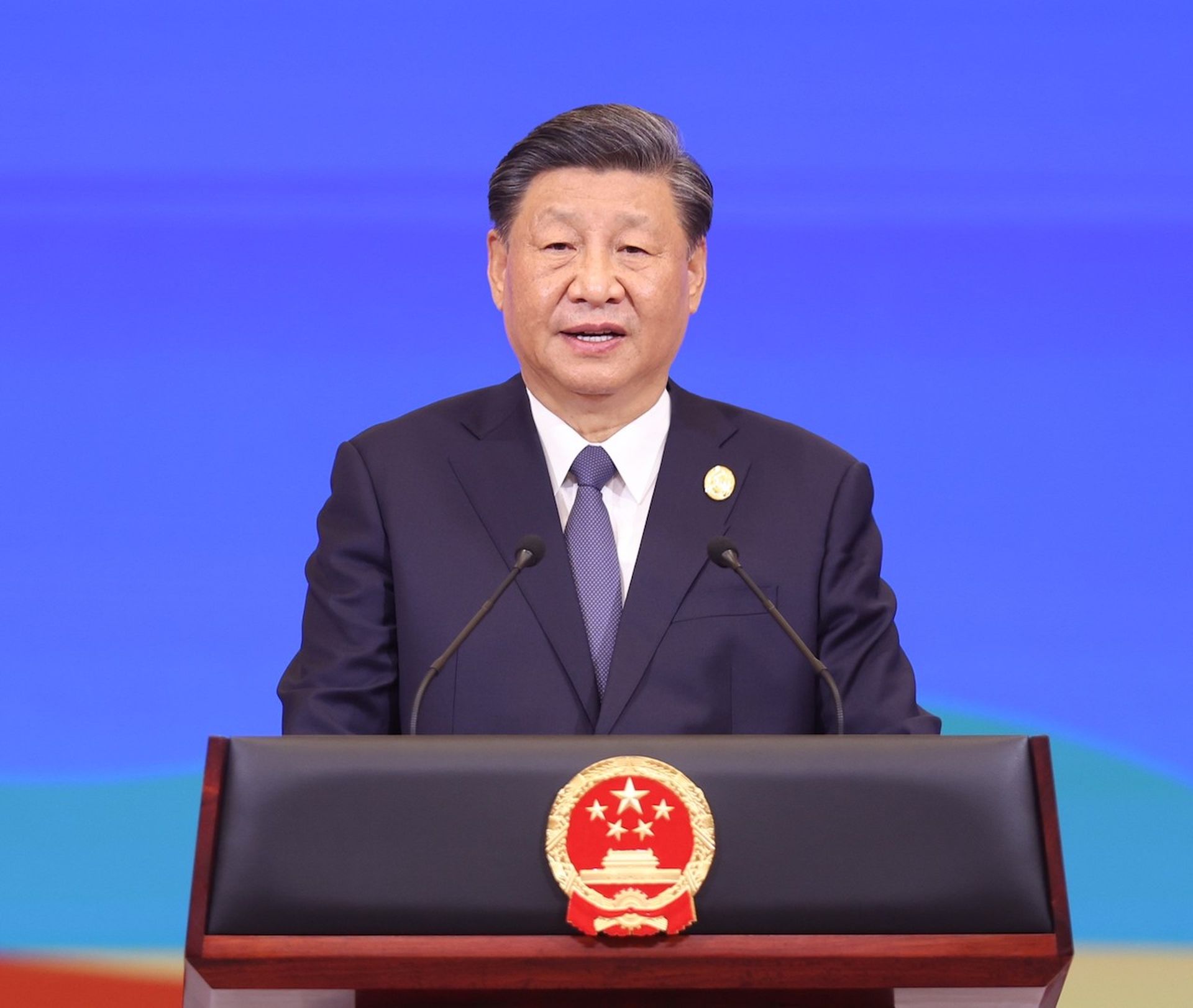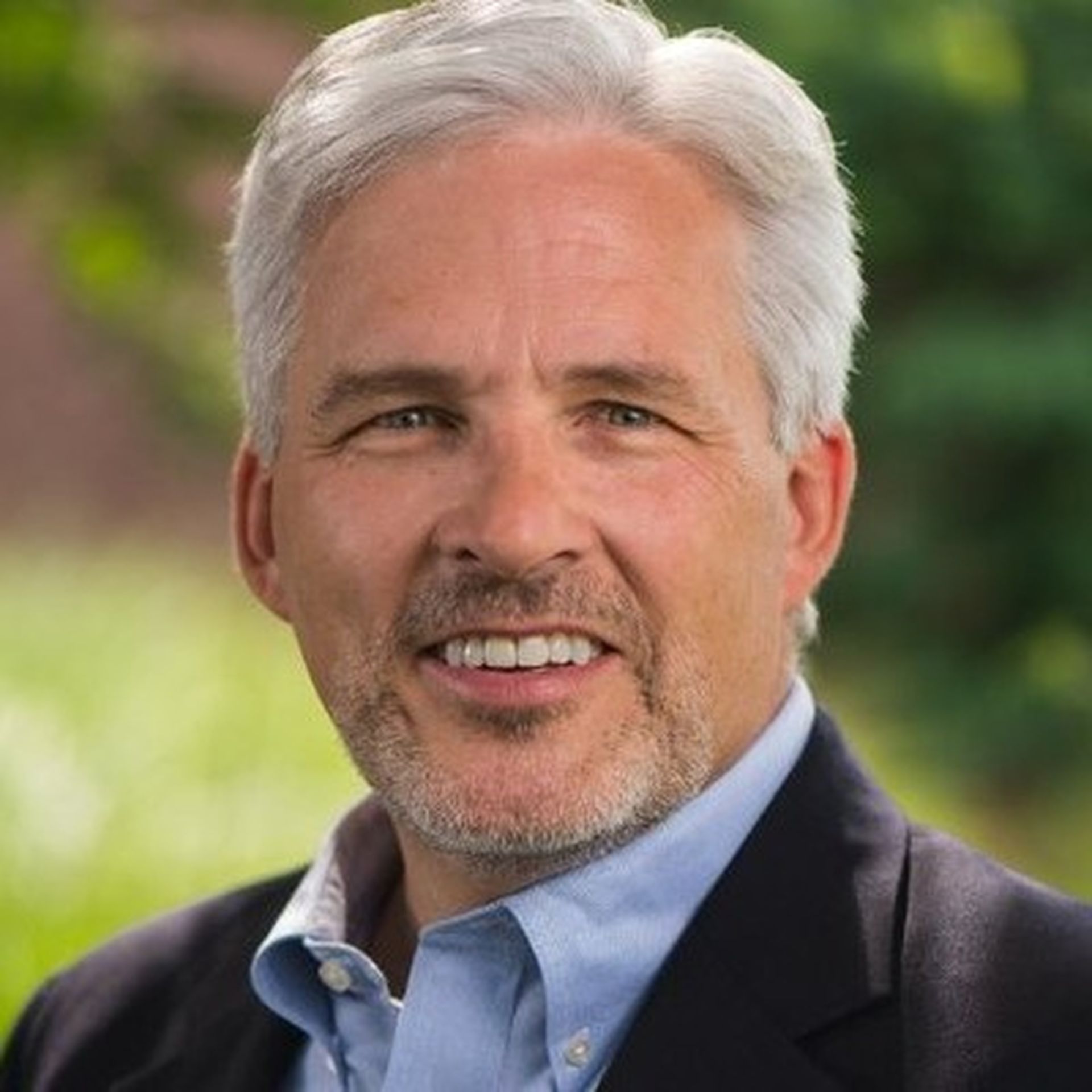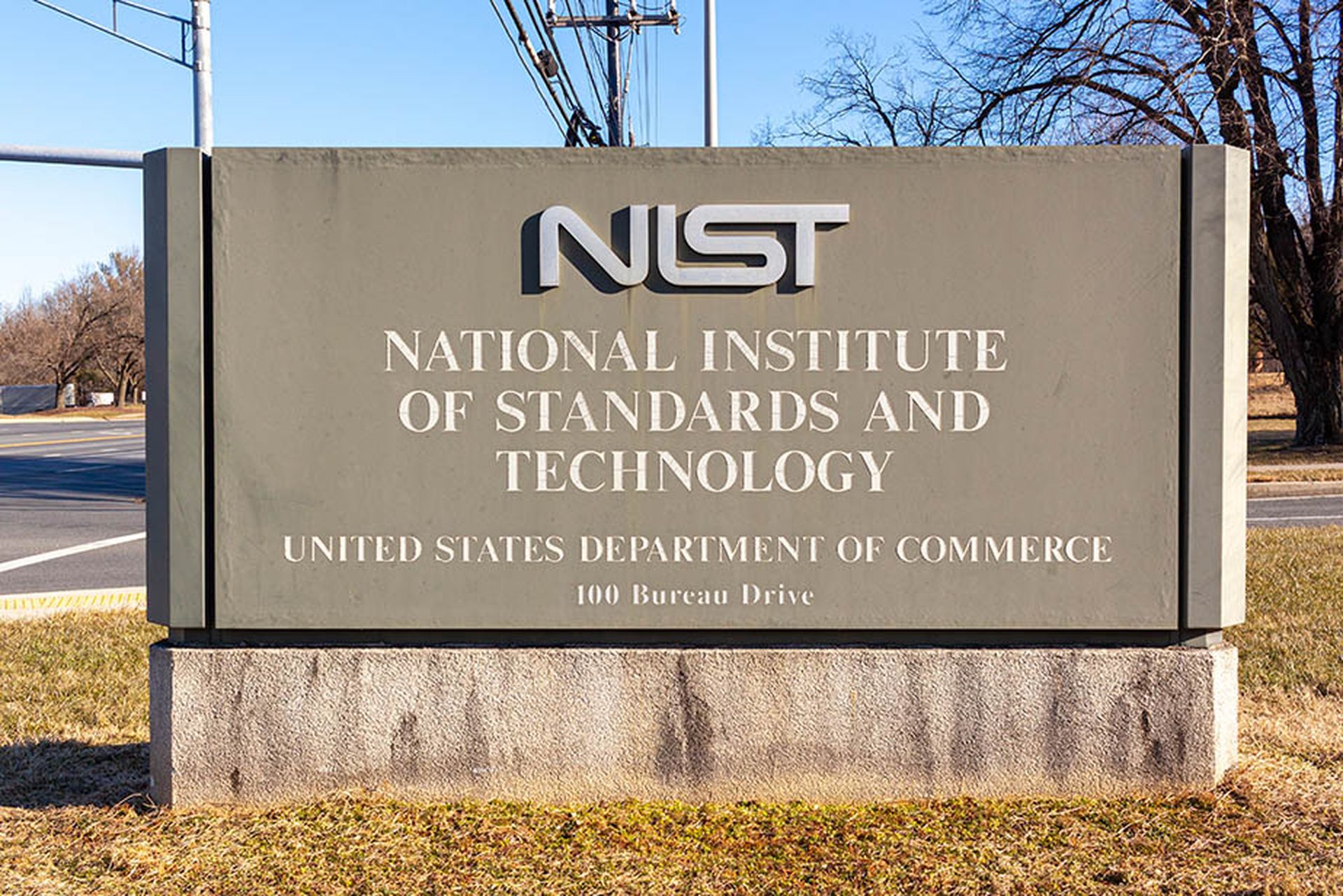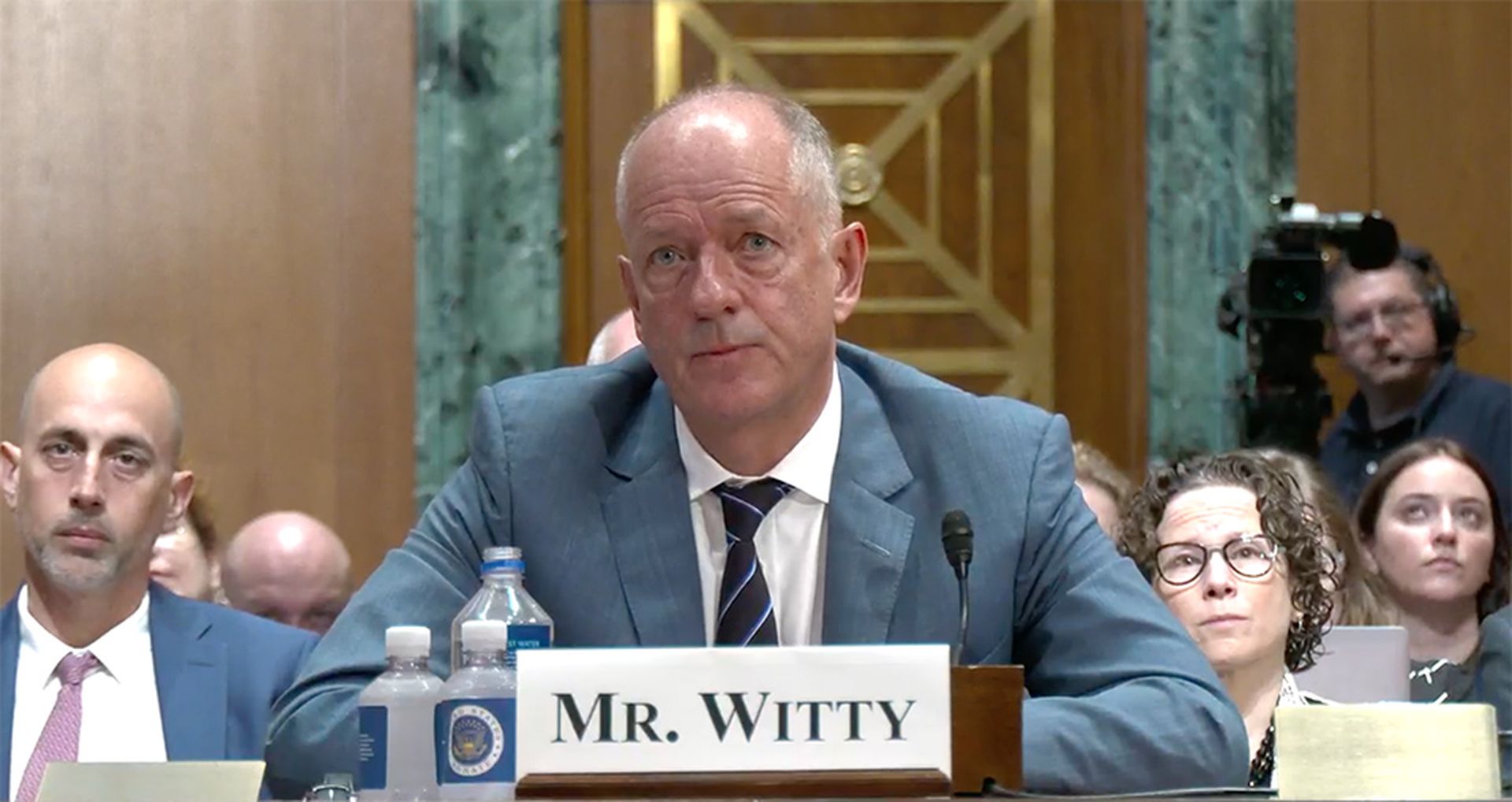The White House last week issued an executive order (EO) in its latest attempt to harness AI's full power while still managing the risks it presents. On its face, this EO attempts to ensure the United States remains competitive in the AI arms race. However noble and grand the stated purpose, it’s rife with issues.
By nature, EOs are subject to the whims of the next administration. On just the first day of his administration, President Biden issued a series of EOs that either fully or partially revoked 19 prior EOs. With no guarantee that this order will stand the test of time, it offers only a temporary measure to ensure America keeps up with the rapidly evolving AI race. EOs also only carry the force of law for the executive branch and departments that serve under it.
Permanence aside, the real problem with the order is how the government intends to solve three critical issues we need to execute around the use of AI: acquire AI talent, protect billions of dollars of intellectual property (IP) in private industry, and secure the government’s classified information.
- Acquire AI talent: The EO requires the Secretary of Labor to publish a request for information (RFI) to solicit public input identifying jobs that there are not enough ready, willing, able and qualified American workers to fill. By defining a baseline, we can track our progress in the cultivation of strong, internal AI talent. Right off the bat, they will identify the gaps that need filling. The problem lies in how they choose to fill the gaps. It's no secret that China has become one of America’s most formidable competitors when it comes to AI and the development of innovative technologies. In an attempt to attract and retain talent on American shores, the EO calls for a more streamlined process for visa petitions and applications and updating criteria for sought-after skills for noncitizens looking to enter the U.S. Even though we need to attract and retain foreign talent for progress and innovation, the risk of foreign nationals, especially competing Chinese nationals, stealing intellectual property (IP) from American companies is greatly increased. We won’t solve the talent gap through an EO. We must address it organically first. That means more investment and development of talent in U.S. schools and universities. Recruitment of foreign nationals should be deliberate, thoughtful and limited. Until we achieve full reciprocity with China on all matters of trade, including allowing top social media and technology companies to operate, we should take a hard pass on permitting entry of more Chinese nationals.
- Protect intellectual property (IP): While the EO does not completely ignore the issue of protecting IP, it does not offer much peace of mind to those who know how this typically gets done. The government states the obvious: They will deal with IP theft in a manner consistent and applicable to current methods. The problem? We can’t even do that effectively now. The FBI estimates that China steals between $225 billion to $600 billion of American IP annually, and it only takes a simple internet search to uncover the number of arrests and cases the FBI has made concerning espionage by Chinese nationals in the United States under a visa program. This has been a persistent issue for American businesses, and the United States has made it clear that they are concerned with the implementation of IP law in China. We can monitor their progress in addressing IP issues (which has slowed recently), all we want. Meanwhile, American companies are losing billions to a competitive market. Foul play will cause America to fall behind in the AI arms race. To protect and better manage IP, we need to raise the barriers to entry from countries identified on the United States Trade Representative Priority Watch List, and combine that with enhanced investigations and penalties for espionage committed by nationals from countries on the list.
- Secure the government’s classified information. It’s not just businesses that are at risk of espionage. The EO even recommends relaxing processes for hiring noncitizens in the Department of Defense and streamlining access to classified information in DoD laboratories. While streamlining bureaucratic processes may be a positive when renewing a car registration, when it comes to our very own national security, we cannot afford to bring a trojan horse inside our walls. There’s no silver bullet for stopping espionage or IP theft. FBI Director Christopher Wray testified two years ago that a counterintelligence investigation against China was being opened every 12 hours. That has only accelerated. More FBI agents, more prosecutors and more judges will slow, but not stop, the problem. We must play the long game by reducing the level of access, designated under the Limited Access Authorization (LAA), for non-citizens from Secret to Confidential if their country of origin is on the Priority Watch List, and revoke all LAA authorization if the country of origin remains on the Priority Watch List for three consecutive years.
The siren call of easy access to “talent” from China and other adversaries gets outweighed by the enormous costs. In the words of Teddy Roosevelt, “Do what you can, with what you’ve got, where you are.” Invest in our own students, hang tough, and reduce the need for foreign talent.
The private sector doesn’t fear regulation. They don’t always welcome it, but it’s a fact of life. CEOs and board members fear overregulation that effectively cedes the advantage to competitors and adversaries, and extracts an unsustainable financial burden in the name of “compliance.”
There’s no easy answer to solving many of the issues raised by this EO. Without the force of law, congressional debate and funding authorization, and the increased participation and incorporation of private sector concerns, Executive Order 14110 will be another fitful stop-start that only emboldens our adversaries and slows solving the more significant problems.
Morgan Wright, chief security advisor, SentinelOne




